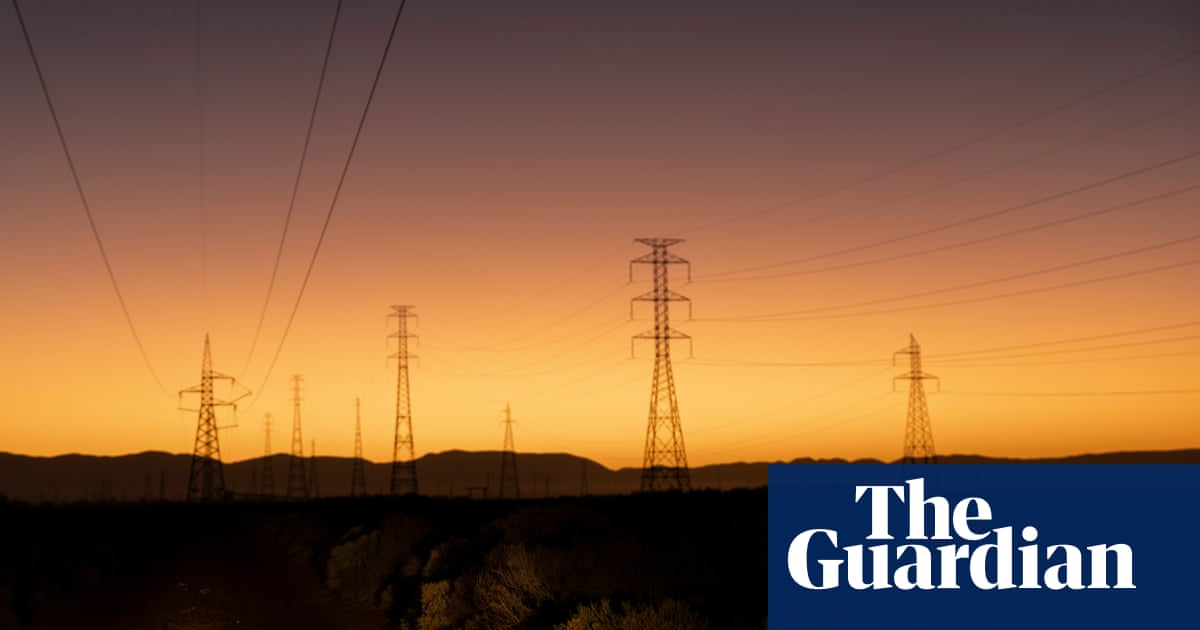Support for Australia’s ongoing ban on nuclear energy has risen sharply since Peter Dutton made the issue a central plank ofCoalitionenergy policy, according to the country’s largest independent survey on climate change and energy.
The survey also found fewer people thought any benefits of nuclear power outweighed the risks compared with the previous year.
Even among people intending to vote Liberal, support for nuclear power was not overwhelming, with only 53% in favour of the party’s intention to lift the national ban if elected.
“These results clearly show that for any political party, proposing nuclear as a solution to Australia’s energy challenges is a very difficult task,” said AssocProf Kerrie Foxwell-Norton of Griffith University.
Foxwell-Norton said the survey showed “the logic of investment and risk in nuclear power is not passing most Australians’ pub tests”.
TheNational Climate Action Survey, in its fourth year, is carried out by Griffith University and Monash University. The annual survey will be released in full in September and includes both new respondents and individuals whose views are tracked over time.
About new 2,500 respondents were surveyed in the last quarter of 2023 and again in 2024.The Guardian has previously reportedother results from the survey, which showed Australians view solar and wind power more favourably than nuclear.
In 2023, the survey showed 51% of people supported Australia’s ban on nuclear energy. But in 2024 that rose to 59%.
That increase in support coincided with Dutton’s campaign to end the national ban on nuclear energy and build reactors at seven sites around the country.
Sign up for the Afternoon Update: Election 2025 email newsletter
More than a third of people intending to vote for the Liberal party had either an unfavourable view on nuclear electricity or no view at all, the survey found.
“That’s a lot of supporters who are not backing [the Liberal party’s] central energy policy,” said Foxwell-Norton.
A majority of Nationals voters (54%) supported keeping the national nuclear energy ban. Only 18% of Labor voters opposed maintaining the ban.
Sign up toDown to Earth
The planet's most important stories. Get all the week's environment news - the good, the bad and the essential
after newsletter promotion
When asked if they held any concerns about personally living within 50km of a proposed nuclear plant, 22% of Liberal voters said they were “extremely concerned” while 22% had no concerns at all.
Elsewhere in the survey, 81% of people supported assisting coal communities in the transition away from fossil fuels, and 84% would back financial incentives for rural landowners to host clean energy.
Foxwell-Norton said: “The oft cited divide between urban centre and regional and rural areas where these coalmines are located is politically expedient, wedge politics. It is politics that overlooks Australians and their relationship between places.
“Regional voters are more supportive of climate action because it is literally their everyday experience.”
This story was amended on 1 May. An earlier version incorrectly said 28% of Liberal voters said they were “extremely concerned” while 9% had no concerns at all when asked if they held any concerns about personally living within 50km of a proposed nuclear plant. The correct numbers are 22% and 22% respectively.
